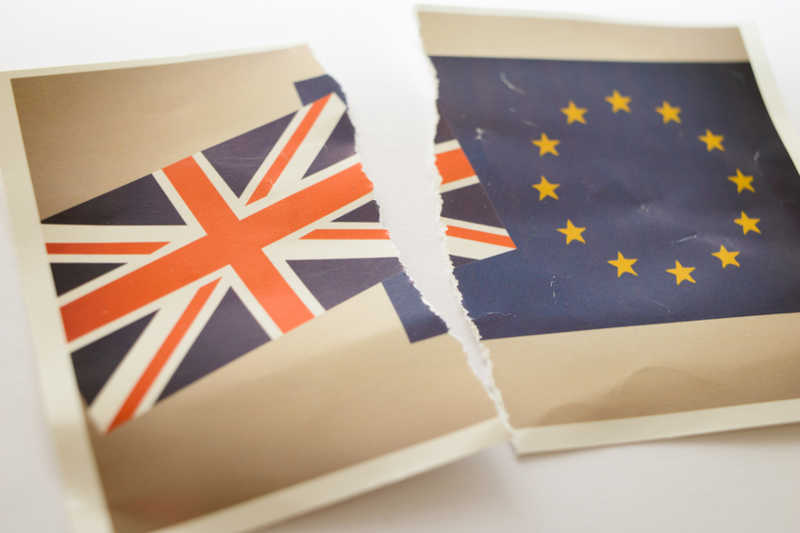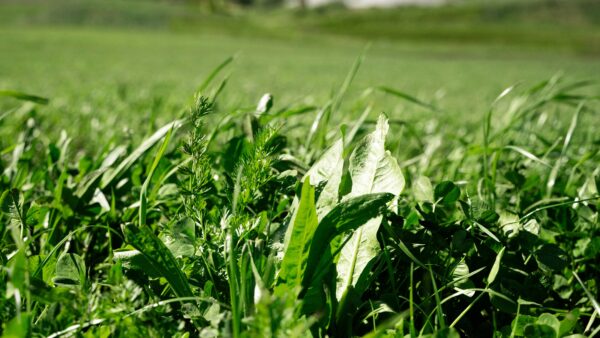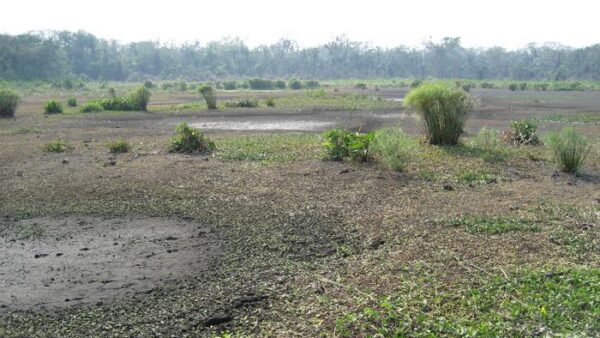Shell-shocked. That’s probably the right word describing Europe these days. A small majority (52 per cent over 48 per cent) of the United Kingdom has voted to leave the European Union. It will take several years to work out the administrative and regulatory part of the divorce, but already now the impact is felt.
The British Pound has rapidly started to lose its value, several high political figures have resigned and companies and banks are making announcements about their plans to relocate their headquarters to another country in the European Union.
The vote showed a strong divide in age and region. Of the 18- to 24-year-olds, 64 per cent voted in favour of staying within the EU. Whereas, of the 65-plus category, 58% voted for leaving the EU. The first category will have, on average, 69 years to live with this historic vote (that they did not want), whereas the older generation has on average only 16 more years to deal with this decision and its impact.
In the preparatory phase, the Leave camp and the Remain camp were throwing strong statements over the fence on the perceived benefits and disasters of leaving the EU, including on agriculture. In order to understand better the impact of the Brexit, it is important to understand more about the EU’s Common Agricultural Policy (CAP).
To estimate the impact of Britain leaving the EU all depends on what – if anything – will replace CAP. CAP subsidies form a significant part of most farm incomes, and many organizations predict that the UK Government would be unlikely to match the current levels of subsidy. So it seems fair to say the leaving the EU regime would probably reduce income for UK farmers.
The scientific community is gobsmacked by the voting results. UK scientists depend heavily on EU membership for research funding, collaboration and recruitment of top talent. The UK’s access to Europe’s large pool of research funding is now at stake. Nobel Prize winning physicist Peter Higgs, discoverer of the Higgs boson, described the Brexit as a ‘disaster’ for British science.
Apart from agriculture and science, there will also be an impact on the UK’s environment. EU regulations have done their fair share to improve the environment in the UK. Britain’s seas are far cleaner now than they were in the last few decades thanks to the EU’s push to tackle water and air pollution.
Overseeing all of this, it is hard to see that the exit from the EU will be beneficial to the UK farming sector, or to the UK food and drink industry more generally.












